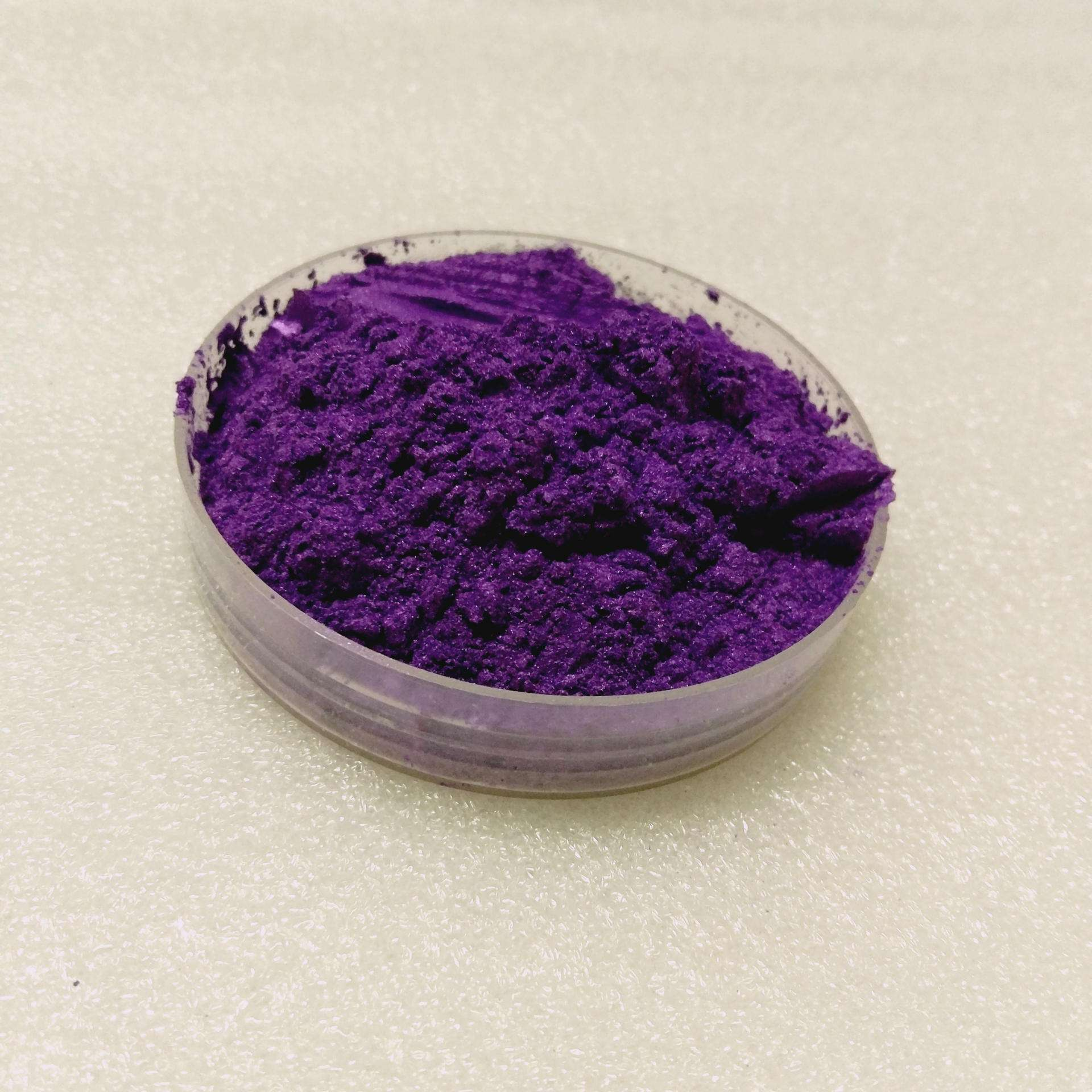South Korea extends zero tariff on Crude Oil Used to Produce Naphtha to 2025, announces multiple flexible tariff supports
The ministry announced a flexible tariff operation plan for 2025, which includes a zero tariff on crude oil used for naphtha production through next year. The announcement, made on December 2, aims to ease the financial burden on the petrochemical industry that has faced declining profit in the backdrop of uncertainty in the global economy and structural over-supply.

The flexible tariff system, which allows the government to vary the tariff rate on imported goods depending on economic conditions, has been applied to crude oil used to produce naphtha since 2007. Initially, the base rate of the flexible tariff was 3%, coming in between 0-1% for many years. In the time-frame 2016-2022, the applicable tariff rate was 0.5%, but beginning 2023 zero tariffs have ruled.
This May, the Korean Petrochemical Industry called upon the government to prolong the zero tariff on naphtha crude oil to defray production costs. The Ministry of Economy and Finance has formally incorporated this into its 2025 scheme. "Flexible tariffs will be applied throughout the year to alleviate the operating difficulties of the petrochemical industry, which has experienced a drastic decline in profits due to global economic uncertainty and structural oversupply," said a spokesperson from the Ministry of Economy and Finance.
The government has also decided to extend the flexible tariff regime on liquefied natural gas (LNG) used for power generation and city gas through the winters of 2025. The measure establishes February to April as a zero-tariff season instead of the basic tariff of 3% from May to December, and extends the zero tariff (0%) on liquefied petroleum gas (LPG) for cooking and transportation in rural areas and on crude oil to produce LPG until the first half of 2025.
To bring about a competitive stand for the semiconductor and display industries, the government has designated five products such as copper foil for CCL and masks for FMS, to be accommodated under the flexible tariff program.
The petrochemical industry remains of immense importance in the generation of petrochemical-derived chemical products eventually required for the production of many products like plastics, fertilizers, and pharmaceuticals. Definitely, naphtha serves as a basis for the industry, functioning chiefly as a feedstock for the production of higher-value commodity chemicals and plastics. Exemption of the basic customs duty from crude oil for naphtha production is expected to reduce the cost of production to a great extent and equally assist the industry to face that set of economic challenges.













